IN THIS ARTICLE
An estimated 6.1 million children in the United States have been diagnosed with Attention Deficit Hyperactivity Disorder (ADHD). But, what exactly is ADHD? It is a chronic condition and symptoms can include impulsiveness, episodes of hyperactivity, and difficulty with attention and focus. Here are 11 ADHD facts you may not have known.
ADHD: Diet during pregnancy could have an effect
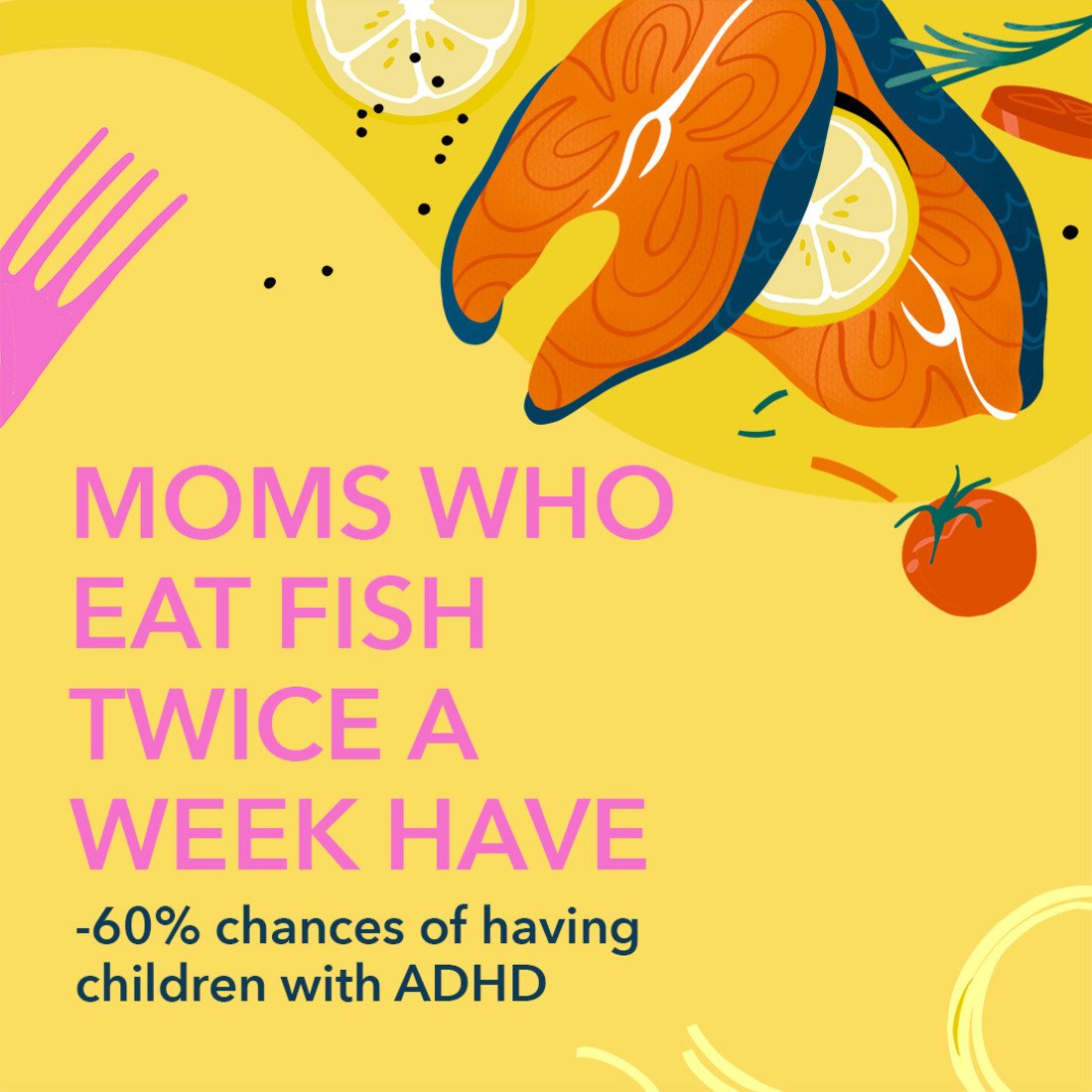
A 2019 study published in the International Journal of Epidemiology found that eating fish during pregnancy may impact ADHD symptoms in their children. This echoes similar earlier published in the Archives of Pediatric and Adolescent Medicine that showed moms who ate two servings of low-mercury fish each week had a 60 percent lower chance of giving birth to children who developed symptoms related to ADHD such as hyperactivity, impulsiveness, and inattentiveness.
Eating fish as a child could result in ADHD diagnosis
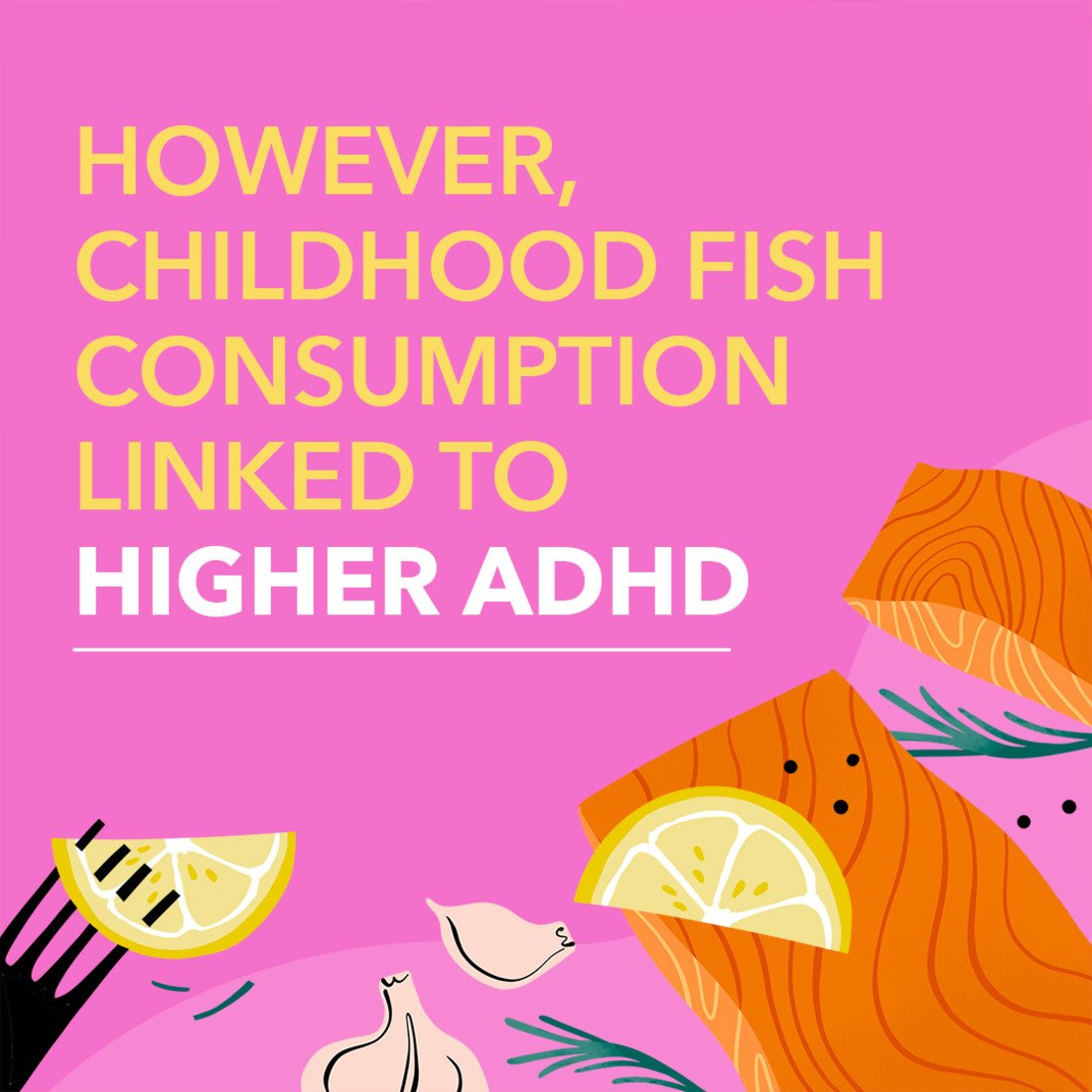
Despite the positive effect eating fish can have on pregnant mothers and the babies they're carrying, parents may want to hold off on serving fish to young children. A study published in 2016 found that partipants age 7-12 who ate fish several times a week had elevated odds of being diagnosed with ADHD.
ADHD treatment drug has potential to be addictive
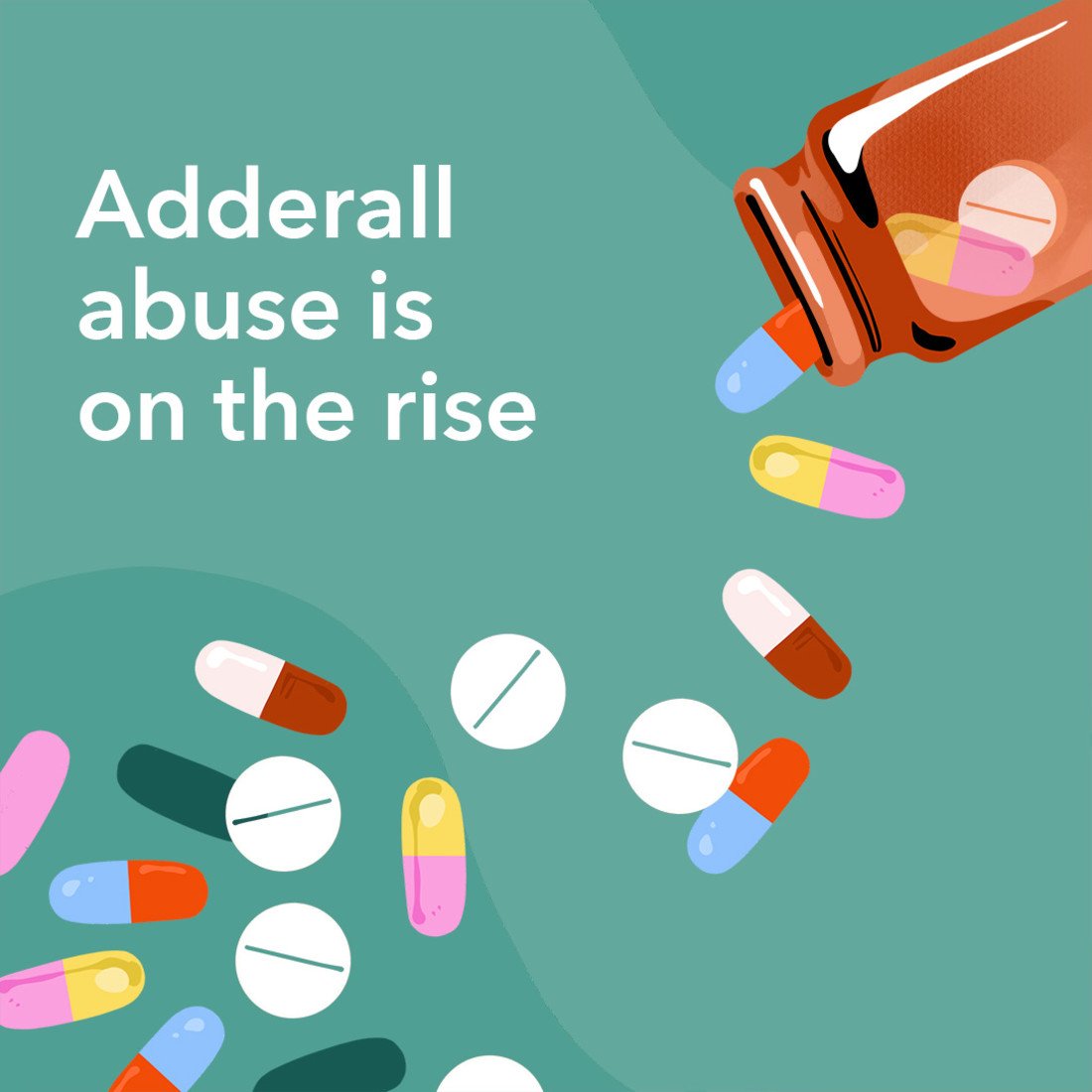
The medication Adderall is often prescribed for ADHD to improve focus and concentration. However, it's also a highly addictive and often abused drug. CVS and Walmart have ceased filling prescriptions from one particular telehealth company due to their overprescribing of Adderall, and for those who rely on the drug to control ADHD symptoms, experts indicate that an Adderall shortage could be on the horizon through early fall 2022.
There are however a handful of medications available to treat ADHD, and in most cases the results are positive. Arena Blake is a former White House staff writer who now writes about mom life on her blog, The Nerd's Wife. She was torn about medicating her son once he was diagnosed with ADHD, but now says it's the best decision they've made for him.
"The difference in my son after his first dose of ADHD medication was staggering,” the Dallas mom wrote on Kid's Activities. “He said that he could actually hear his own thoughts. His brain wasn’t spinning anymore.”
ADHD runs in families
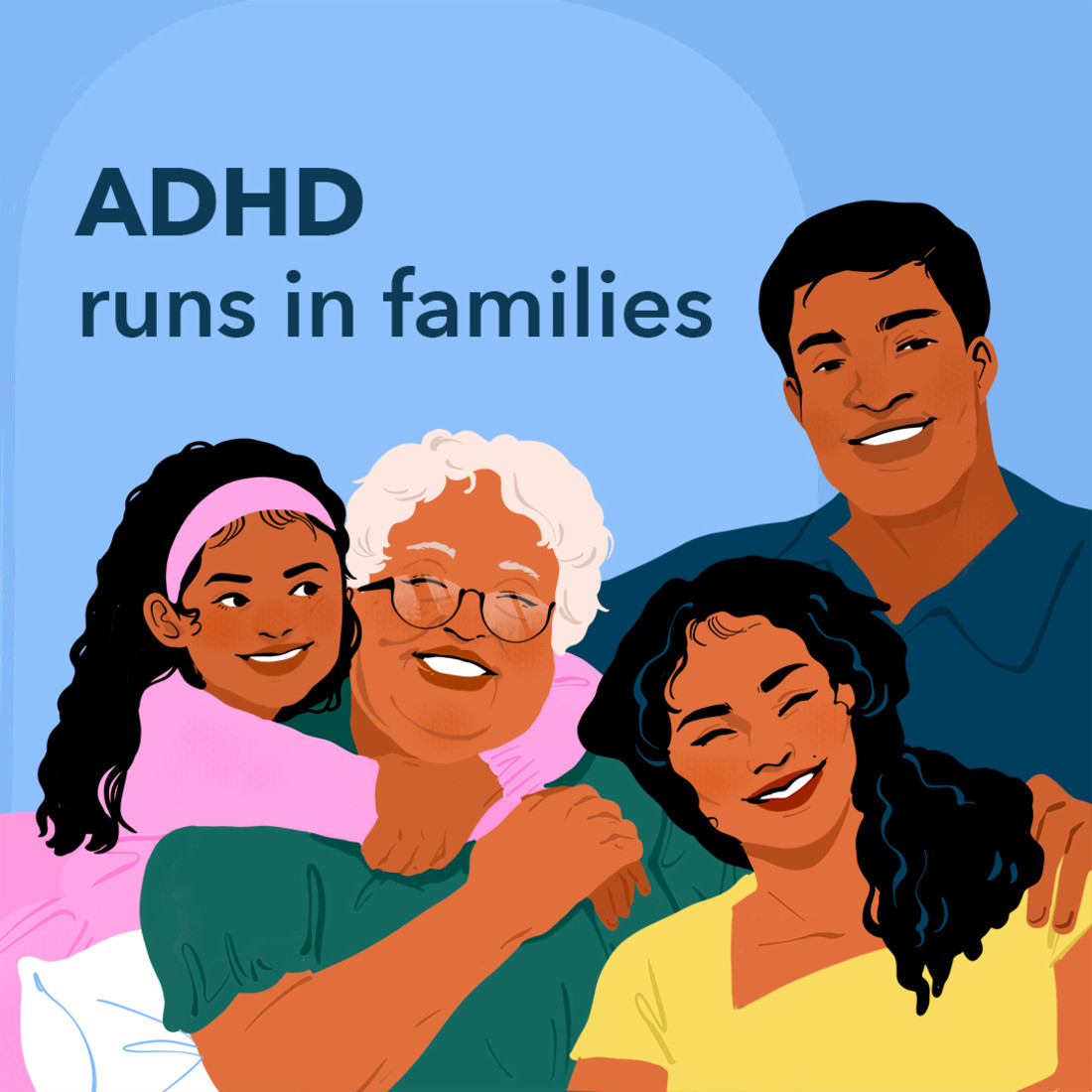
ADHD tends to run in families, partly due to genetics. Parents who have ADHD carry ADHD-related gene variants and as a result are likely to pass those variants on to their children.
These genetic findings are fairly recent; a study confirming a genetic link goes back to 2018. Michelle Beckett, an executive of ADHD Action said that more research is necessary and warned against diagnosing ADHD based on genetic variants alone.
“We have only officially diagnosed the tip of the iceberg of individuals globally with ADHD, and further gene research is highly likely to uncover more variations that may be also responsible,” Beckett told The Guardian.
Girls are typically diagnosed with ADHD later
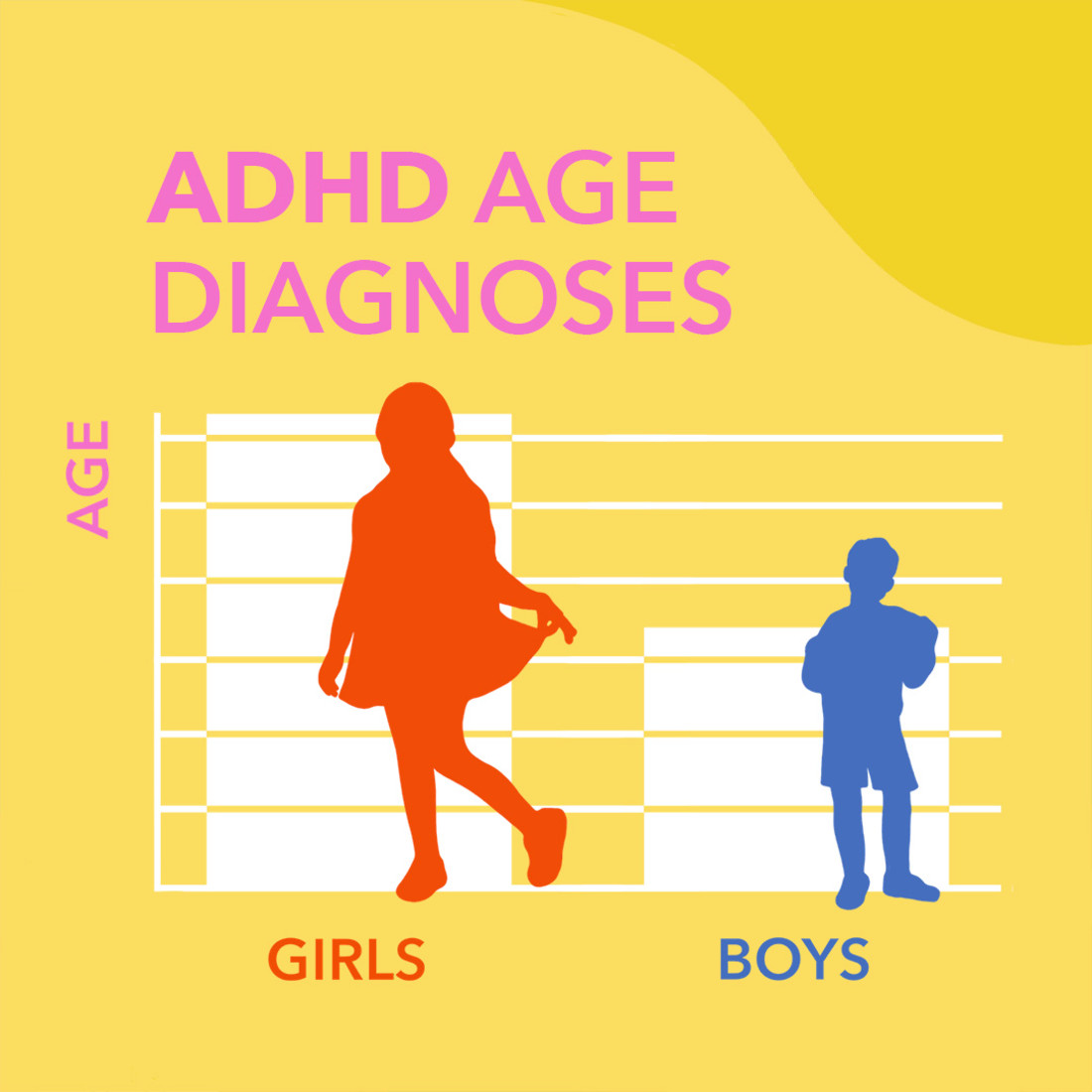
Girls are typically diagnosed with ADHD later than boys and usually, when they do receive a diagnosis, it's generally not related to ADHD. Girls are often treated for anxiety and depression instead, which then may manifest later as disordered eating, low self-esteem, or a substance abuse disorder.
Challenges in adulthood as a result of ADHD diagnosis
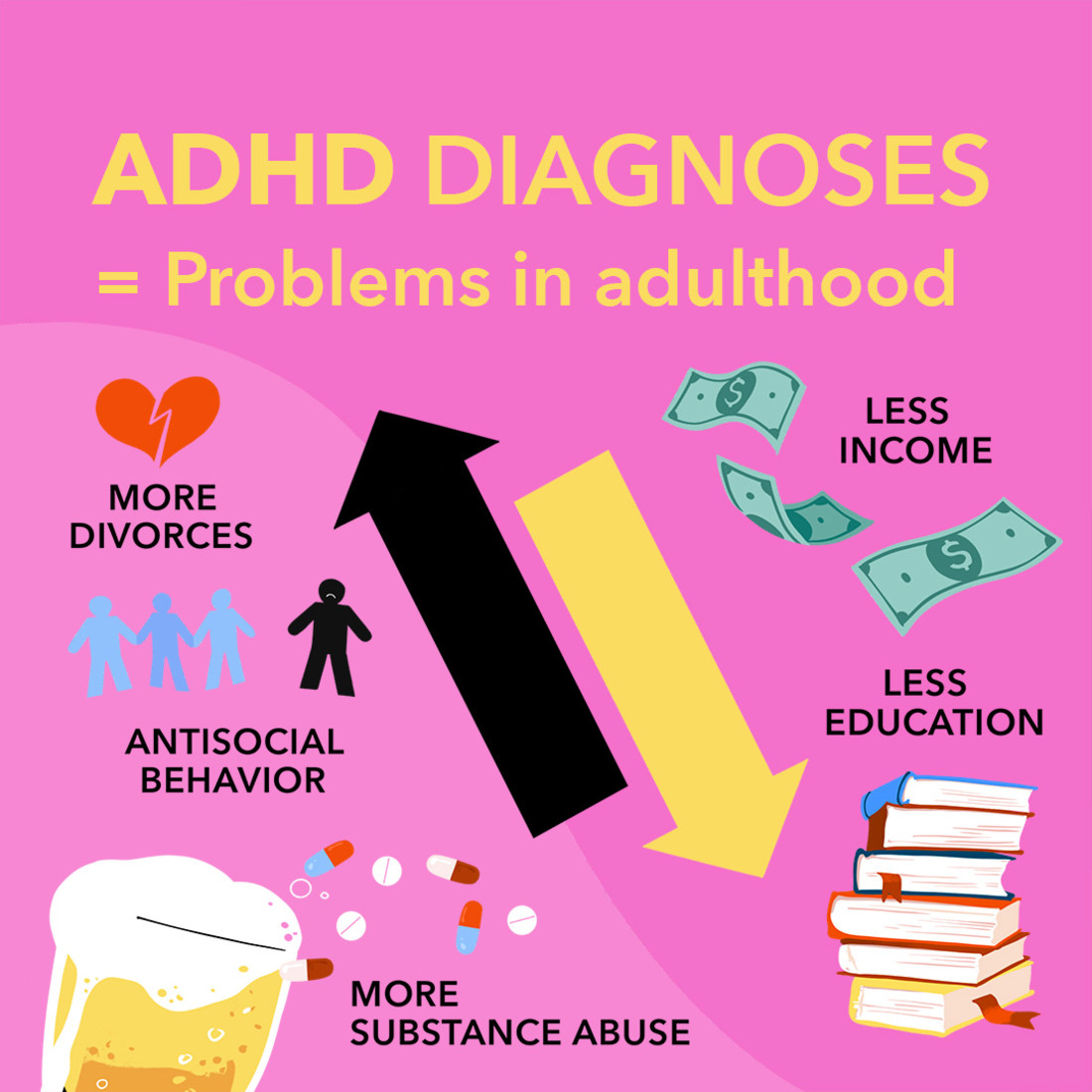
In the longest-ever follow-up study conducted on ADHD, researchers followed young boys from adolescence to adulthood and found sufferers had lower income, less education, more divorces, and more substance abuse issues. Research indicates that those with ADHD are more likely to experience issues with relationships, employment, anxiety, negative habits, and other challenges.
Exercise: An alternative ADHD treatment?
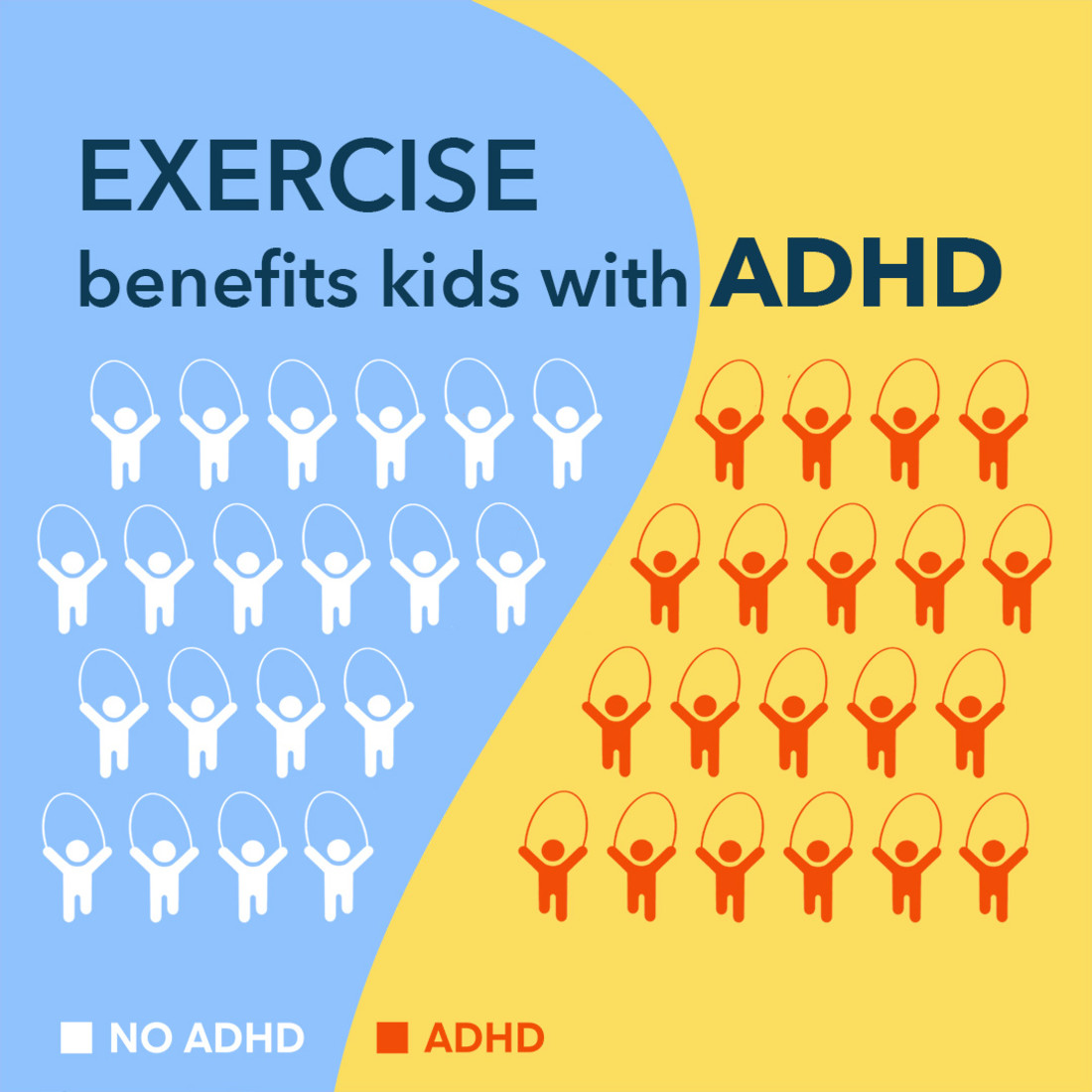
A study chronicling the effects of an 8-week yoga program on the attention and focus of children with ADHD found that exercise can, in fact, be utilized as an alternative ADHD treatment to help reduce attention and inhibition challenges.
Smoking during pregnancy a possible link to ADHD diagnosis
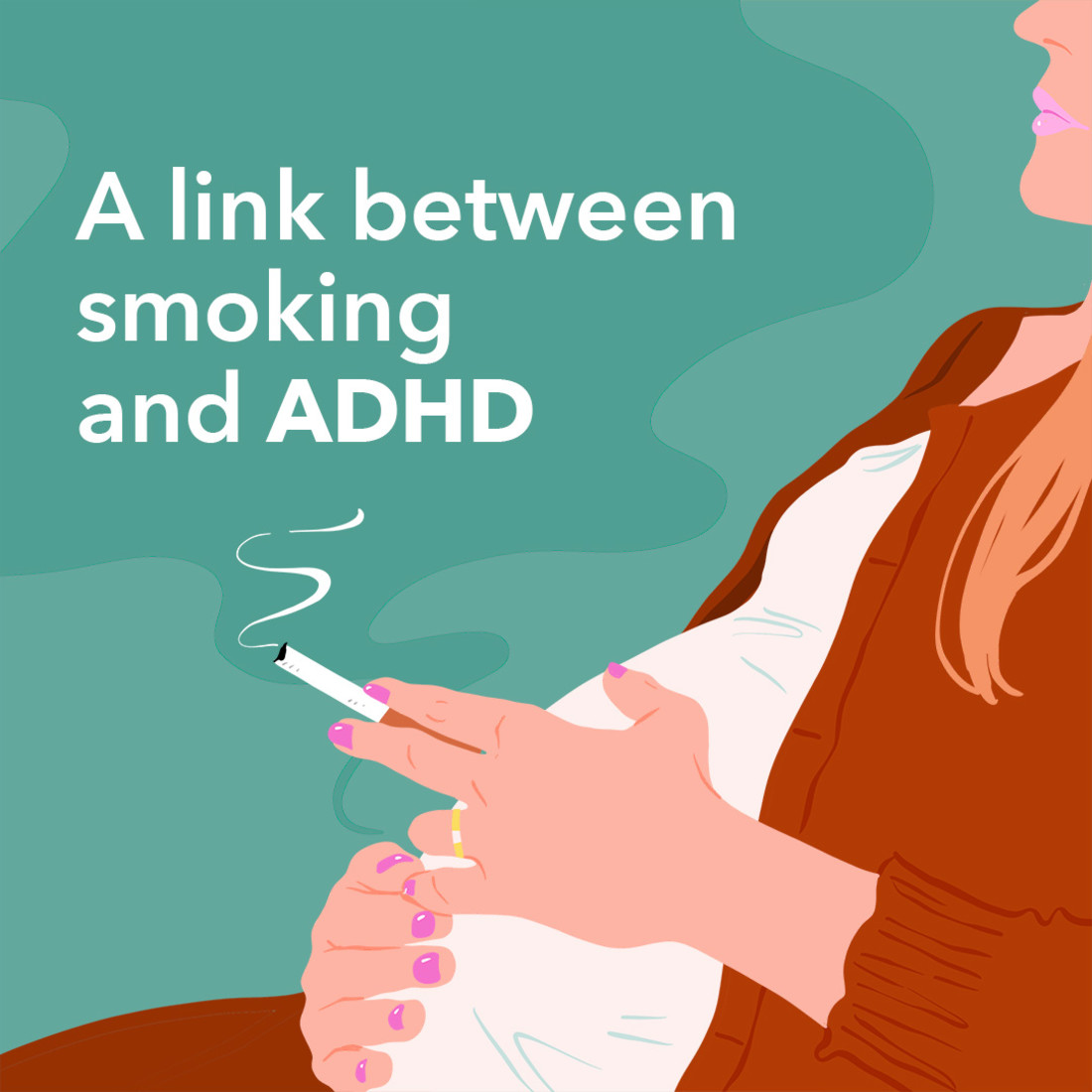
Researchers located a genetic variant in children with ADHD — also found in their mothers — that increases the risk of ADHD and smoking later in life. They also found that it did not discriminate; It was found in kids whose mothers smoked while pregnant and those who did not. According to US News and World Report, these findings showed a link but not a cause-and-effect relationship yet, so more research needs to be done.
ADHD therapy: Can music help?
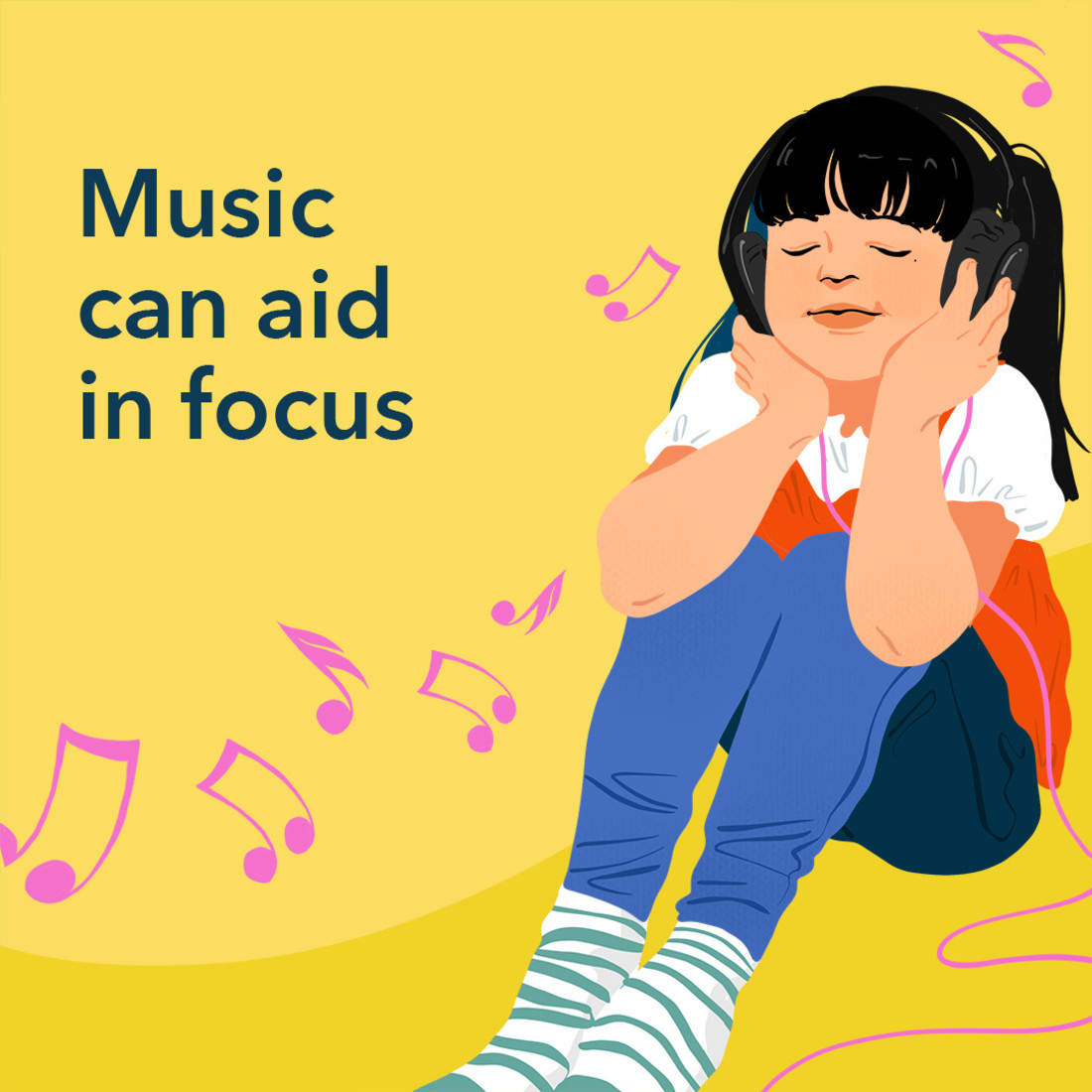
TV background noise is going to distract your kids while doing schoolwork, but research conducted by the FIU Center for Children and Families has found music generally doesn’t affect concentration, and can even prove beneficial for focus in kids with ADHD. "If parents want to know if listening to music will help their child's performance in school, they should try it,” says study author William E. Pelham, Jr., according to Medical Daily.
ADHD and bullying
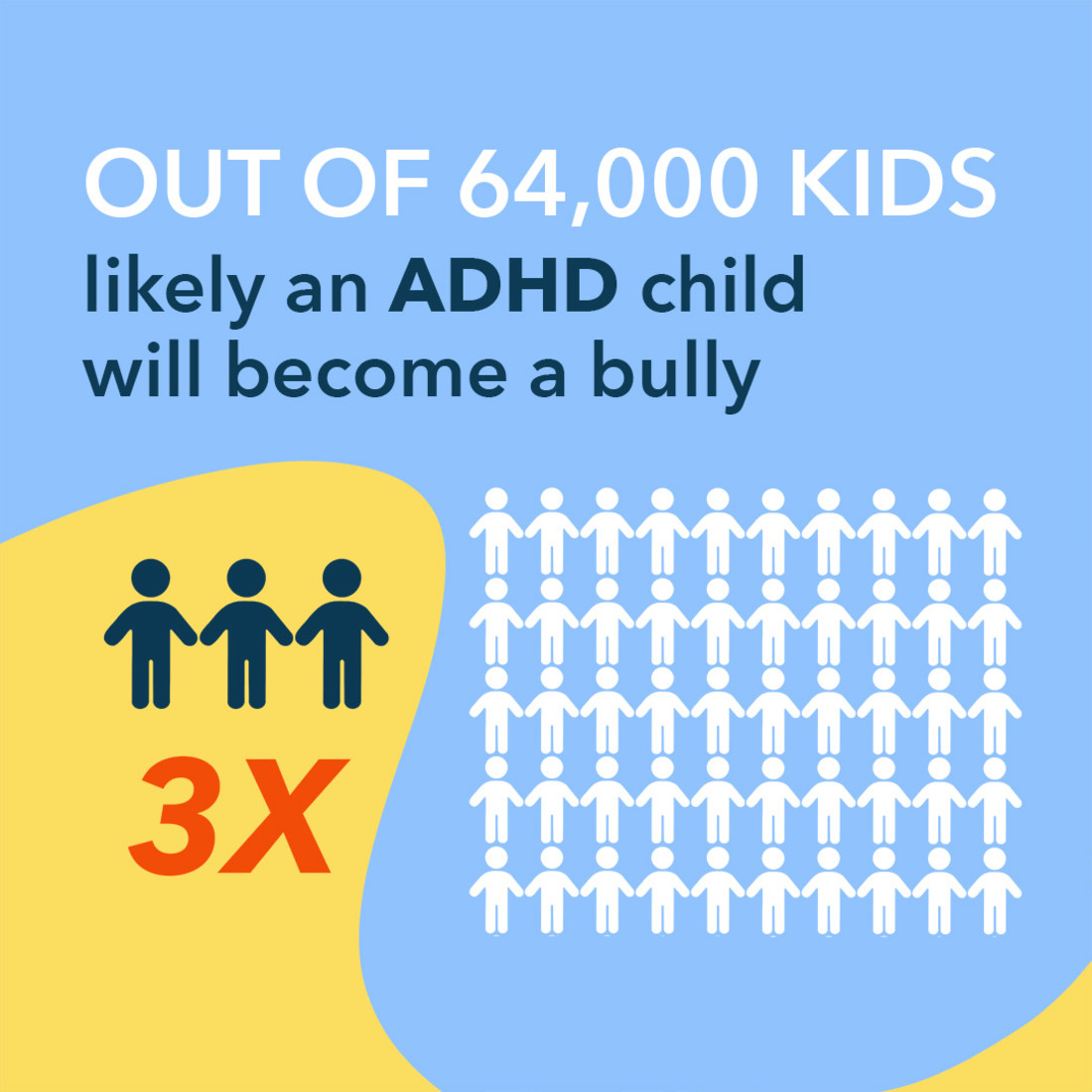
Children with ADHD are three times more likely than their peers, to become bullies, according to a study by the American Academy of Pediatrics.
"Even though by definition, these children aren't angry or aggressive toward their peers, they do display traits that would increase the likelihood of having impaired social interactions," Dr. Stephen Meyers told Huff Post.
"If you're not really thinking through the consequences of your actions on the playground, you might not have the self-monitoring or restraint to hold back from bullying," the professor of psychology reasoned.
A therapeutic approach to ADHD treatment
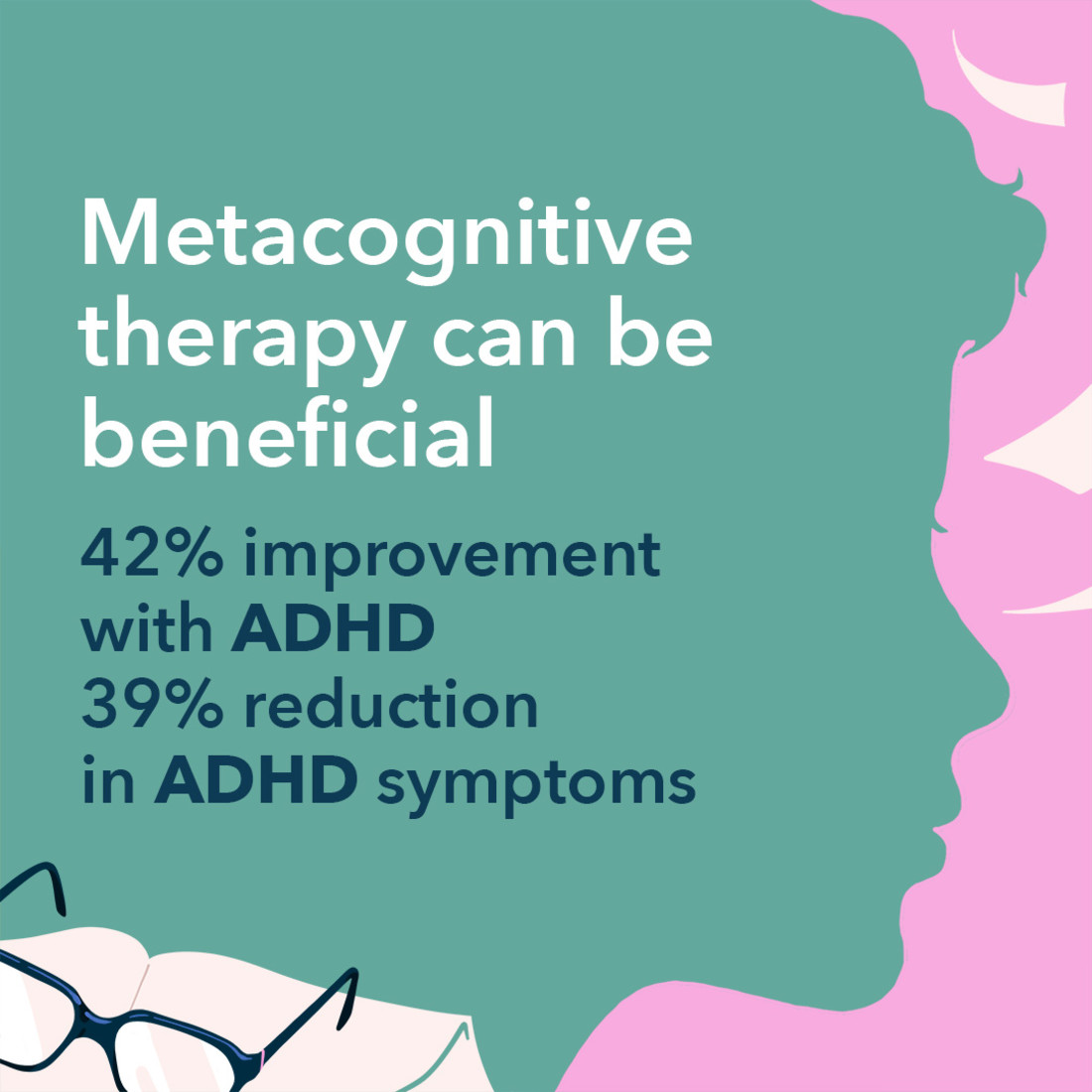
Metacognitive therapy is proving helpful for a range of different conditions, and ADHD may be another. In case you’re unfamiliar, this type of therapy asks a person to disengage from particular thoughts and step back in order to better understand how they think. Researchers at Mount Sinai School of Medicine conducted a metacognitive therapy study where they asked ADHD sufferers to do things like use a planner and practice broader thinking to solve problems. Around 42 percent saw improvement, and 30 percent saw a reduction in ADHD symptoms, as opposed to 12 percent in another group that went through a different type of therapy.





